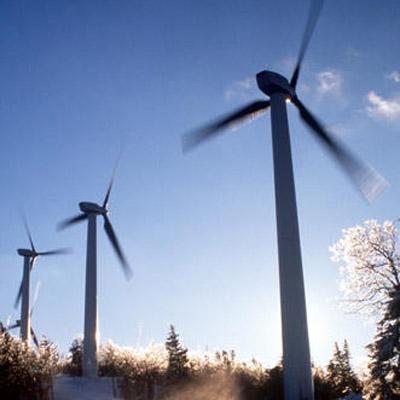A Mediated Modeling Process to Support Collaborative or Conflict Resolution in the Northern Forest

Electric energy issues potentially impact the Northern Forest region which is considering bio-fuel harvesting or farming, wind farming on mountain ridges, expansion of hydro-electric facilities, and additional high voltage transmission lines. A contentious discussion has started in anticipation of the expiration of Vermont’s contracts with Vermont Yankee and Hydro Quebec for two-thirds of the state’s electric energy in 2012 and 2015. Seed funding was provided by the NSRC to develop a high-profile collaborative project to demonstrate Mediated Modeling as an integrative tool. The Vermont Department of Public Services took on the proposed project and matched funding. NSRC researchers conducted a participatory process using group model building as a mediation tool to support a fact-based dialogue among key energy stakeholders.
Twenty-two key stakeholders in energy issues (from government, legislature, utilities, energy users, energy producers, and environmental organizations) met for 10 workshops over the course of a year (2005-2006). The facilitated discussions added to the development of a computer model simulating five energy portfolios made up of different electric energy supply options for Vermont. Findings predominantly highlighted areas of insufficient data and knowledge, such as the lack of socio-economic (employment) and environmental impacts related to the various supply options in order to make fact-based consensus decisions about a supply strategy.
Recommendations included a research agenda toward the Twenty-Year electric plan. The majority of the stakeholders stayed involved for about 50 hours of workshops and indicated in a post-survey that the mediated modeling approach was appreciated. A 160-page report and model is available at: http://www.publicservice.vermont.gov/planning/mediatedmodeling.html.
